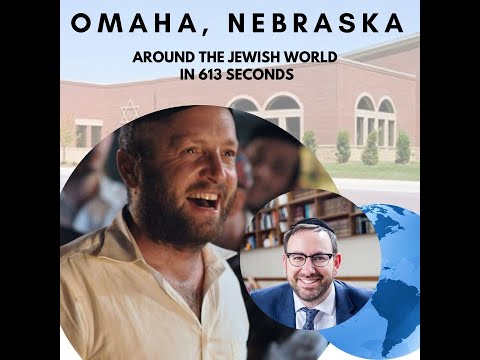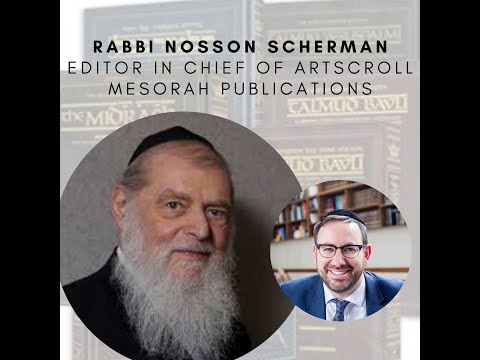LIFE AND QUALITY OF LIFE We have three daily services: Morning, Afternoon, and Evening, or Shacharit, Mincha and Ma’ariv. The name Shacharit is connected to the word Shachar, which means dawn. The name Ma’ariv comes from the word Erev, which means evening. So what would you expect Mincha to mean? Well, in the Torah it doesn’t mean afternoon, so why is it connected to the afternoon service? The word Mincha, occurs several times in this week’s parasha. In its context, it refers to the offering of flour and oil that accompanied the daily, Shabbat and festival offerings. Every morning and...
Chukat – Balak

HEALING FROM THE SERPENT AND COVID The first of this week’s parashot describes how the Israelites are punished by G-d with an attack of fiery snakes. They had complained about their bread and water. In the plague that followed, the serpents “bit the people and many of the Israelites died” (Numbers 21:6). The cure G-d prescribes is an unexpected one. He tells Moses to make a copper serpent and place it on a pole, and instruct the people to stare at the snake and become cured. “Make for yourself a fiery serpent and place it on a pole, and it...
Korach

TURNING JUDAISM OUTWARDS Earlier this week, was the yahrzeit of one the greatest Torah teacher and leader of the twentieth century: Rabbi Menachem Mendel Schneerson, the seventh Lubavitche Rebbe, who died in 1994. He espoused a Judaism that saw the good in every human being and inspired his followers to reach out to all parts of the world. Unsurprisingly, he shows us a positive angle on Korach, one of the villains of the bible, the antihero of this week’s parasha. He gave a talk in 1974 to a group of teenage girls. In it, he reflects on the Midrash that...








